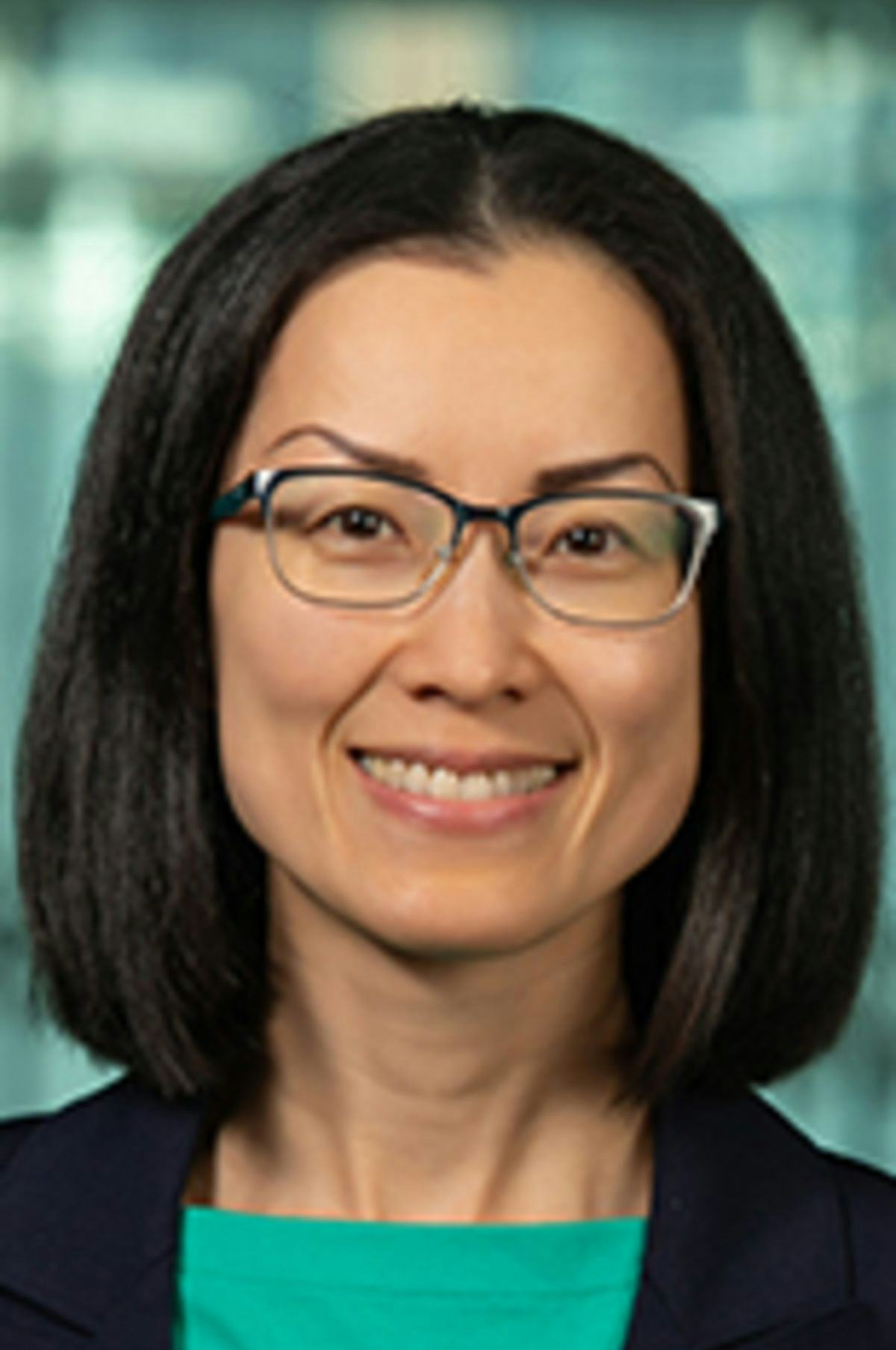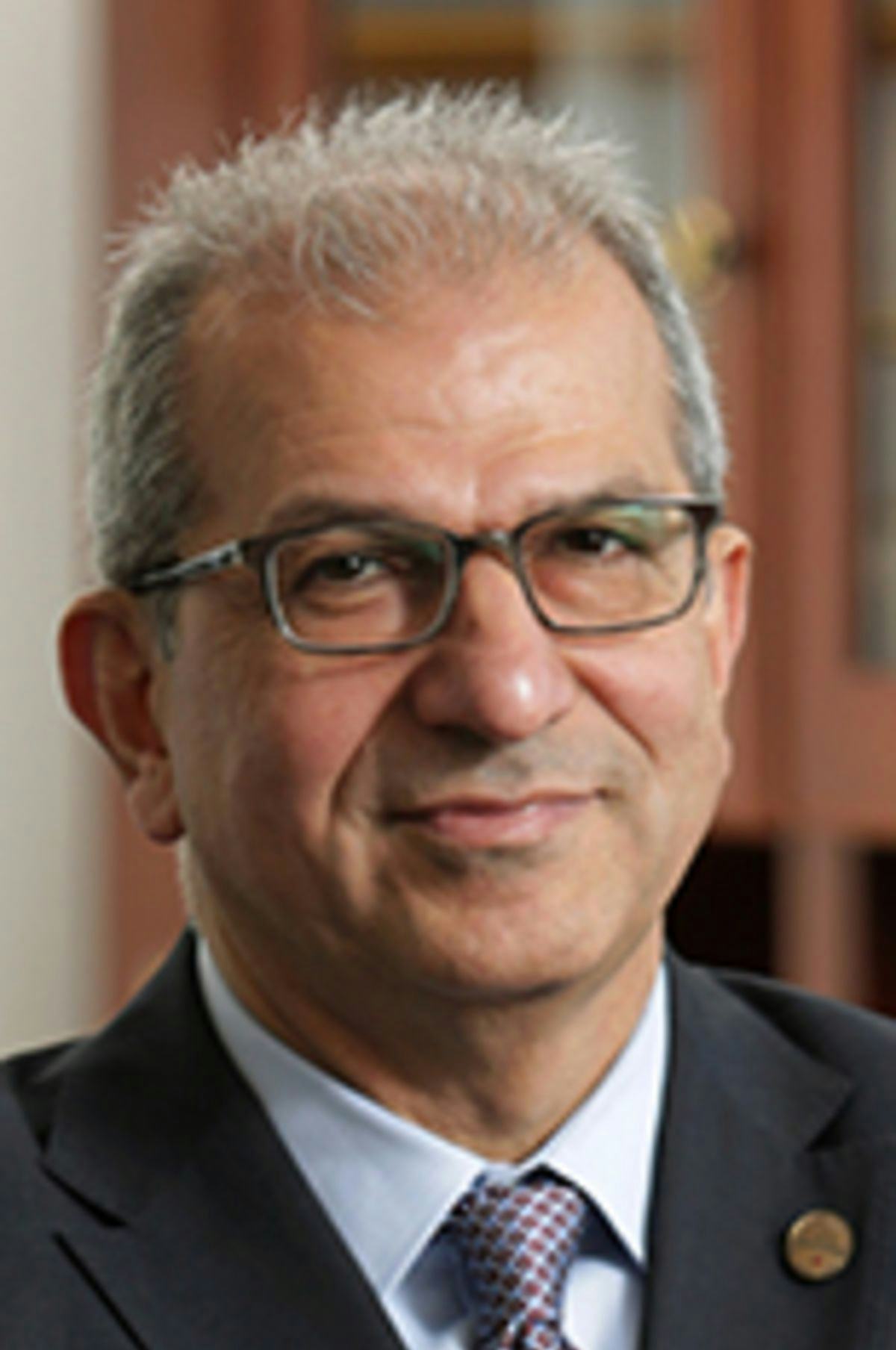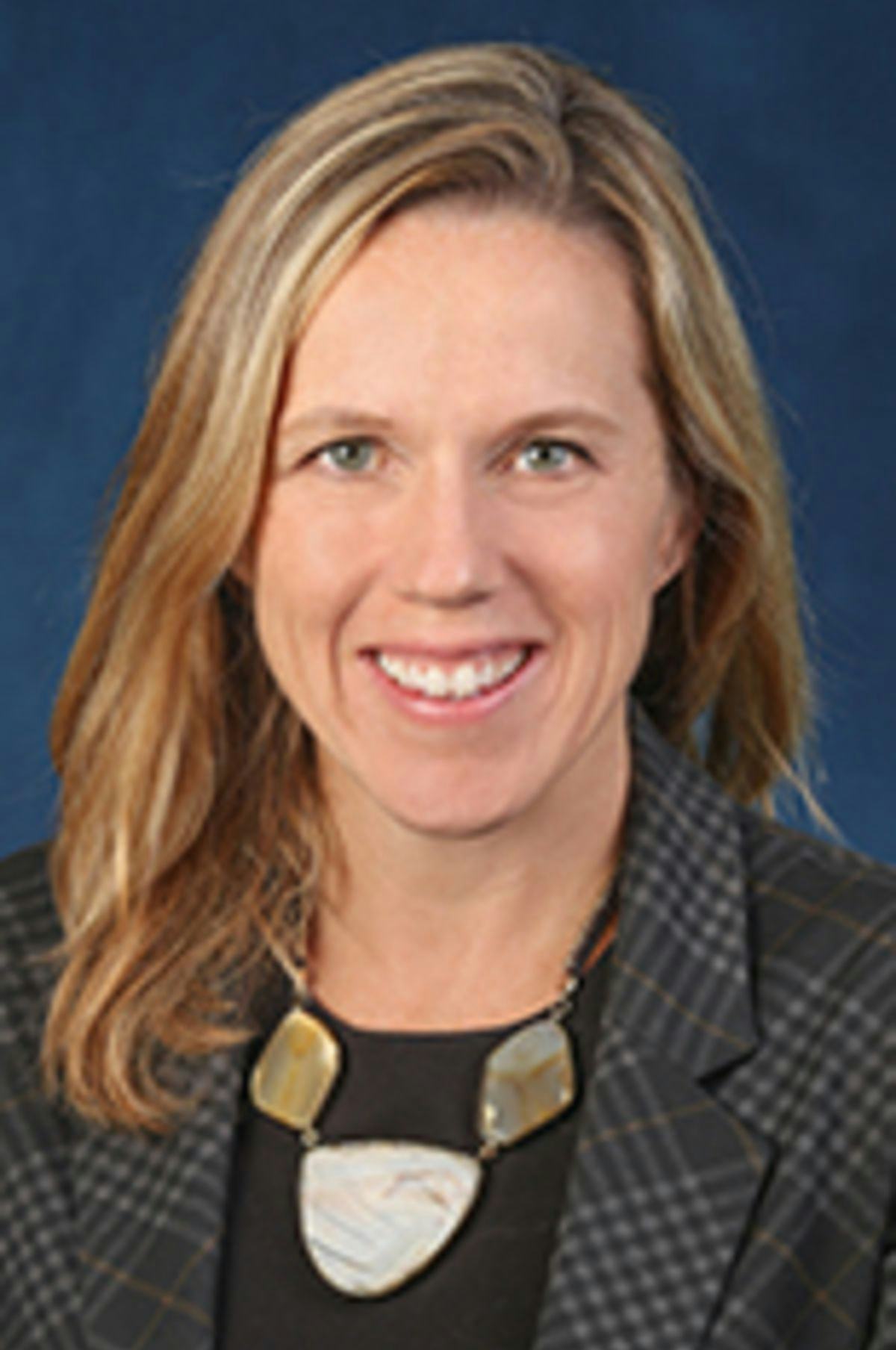Know Thyself: Leadership Expert Hopes to Study Stevens to Better Understand Inclusive Leadership
If Grant Proposal Wins NSF Support, Dr. Wei Zheng's Next Management Breakthrough Will Begin Close to Home
Technology is changing everything about the way we work. Is it also changing what makes a leader effective?
Dr. Wei Zheng wants to find out.
Dr. Zheng, the Roscitt Chair in Leadership at the School of Business at Stevens Institute of Technology, said she’s excited to be part of a supportive research community that will push her to focus her work around the kind of practical needs of industry in the digital era.
“It’s an interesting time to be at a place like Stevens, because we have all of these technology-enabled means of human-machine interactions that are changing the meaning of work, but our leadership research hasn't caught up,” she said. “Is the way we manage people changing? Are there ways we can expedite how humans work through different leadership techniques?”
Dr. Zheng’s expertise is in the area of leadership and diversity and inclusion. She is currently looking at how effective leaders create inclusive environments that help organizations leverage their diversity to build high-performing teams.
“Most of what we hear about in the media is about different biases and stereotypes, with an emphasis on how we should avoid them,” Dr. Zheng said. “My research looks instead at the positive interactions we can have with each other, so team members feel like they’re contributing and influencing decisions.”
That’s different from diversity, which is about bringing people with different backgrounds to the workforce. But without a culture of inclusivity, she said, all you’ve created is a team susceptible to conflict and division.
“Diversity is being invited to a party,” Dr. Zheng said, citing what’s become a common refrain in leadership circles. “Inclusion is being asked to dance.”
A passion for practical research
Before joining the School of Business, Dr. Zheng spent nearly a decade at the University of Wisconsin-River Falls, researching how leaders facilitate innovation and how individuals grow into leaders.
“I took this job because my passion is in applied research that helps make things better in the workplace,” she said. “My role as the chair requires both theoretical rigor and practical relevance, which offers me a wonderful fit.”
Also enticing was the chance to explore new areas.
“At Stevens, I am surrounded by researchers in IT, finance and all sorts of things, not just leadership,” she said. “But I like that challenge. I’m eager to discover new areas of collaboration that capitalize on cross-disciplinary insights.”
Diversity and inclusion is a field that’s seeing increased attention in the business world. A high-profile case is PwC, where CEO Tim Ryan created the CEO Action for Diversity and Inclusion pledge that has been signed by more than 800 executives — including Stevens President Nariman Farvardin — committing their organizations to advancing diversity and inclusion at work.
“For those CEOs, there needs to be a clearly articulated idea behind inclusion, just like a business goal,” she said. “You need to understand why you want it, demonstrate your commitment to it in a strategic way and then attack it systematically.”
Before you get to specific initiatives, having conversations can be a powerful first step.
“Some organizations are talking about not being race blind, but race brave,” said Dr. Zheng, who has studied more than 100 executives in the course of her work. “They’re encouraging people to have those difficult conversations and really learn from a colleague’s experiences, which creates a shared understanding that improves a team’s performance.”
Confronting STEM-specific challenges
Of course, coming to a technology university gives Dr. Zheng the opportunity to confront a particular bugaboo of STEM schools — the gender disparity facing most technically oriented colleges. A grant proposal now before the National Science Foundation is focused on ways Stevens could become a more inclusive institution, which could help close the gender gap on Castle Point and beyond. Dr. Zheng leads the research arm of the grant proposal, in collaboration with Dr. Ann Murphy, an associate professor at the School of Business. Provost Christophe Pierre is the principal investigator; Dr. Zheng and Dr. Farvardin are co-PIs.
“Every institution in STEM is struggling with this,” she said. “I think part of the answer is creating an environment that’s inclusive — identifying role models who counter stereotypes and creating processes that help people of different backgrounds, including gender, feel like they belong.”
If successful, the NSF ADVANCE grant will allow Dr. Zheng to identify inclusive leadership behaviors and develop an evidence-based instrument to measure them. Such behaviors can be adopted by formal and informal leaders to facilitate people’s sense of belonging, uniqueness, and full contribution to their group processes and outcomes.
“I’m honored to be a part of this, because if we’re successful, we can create real impact,” she said. “As a researcher, that’s what drives me. This is the kind of project I live for.”






